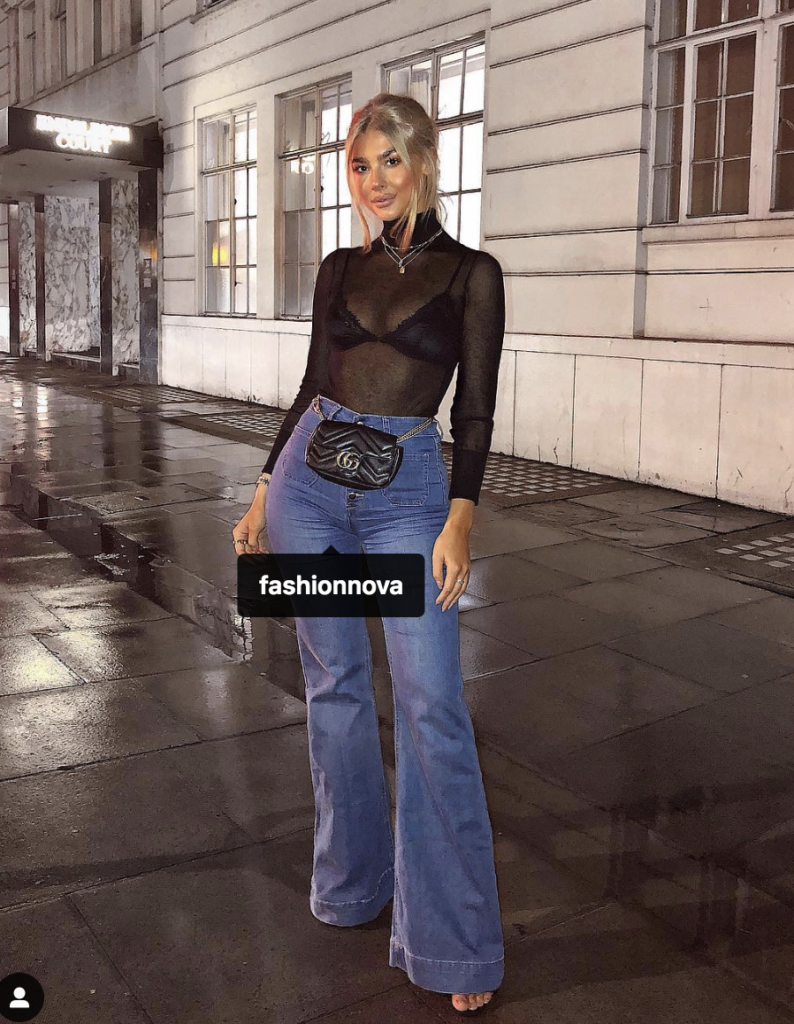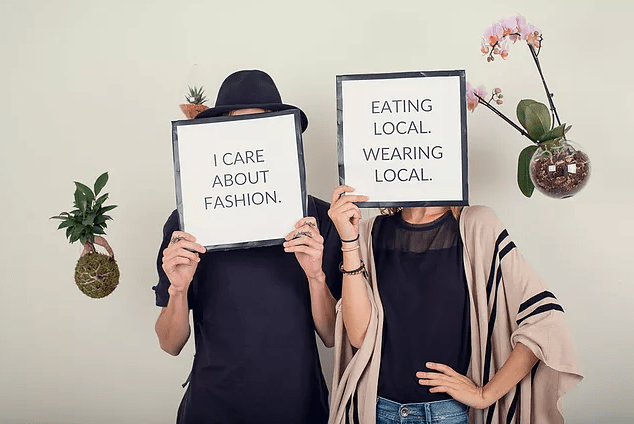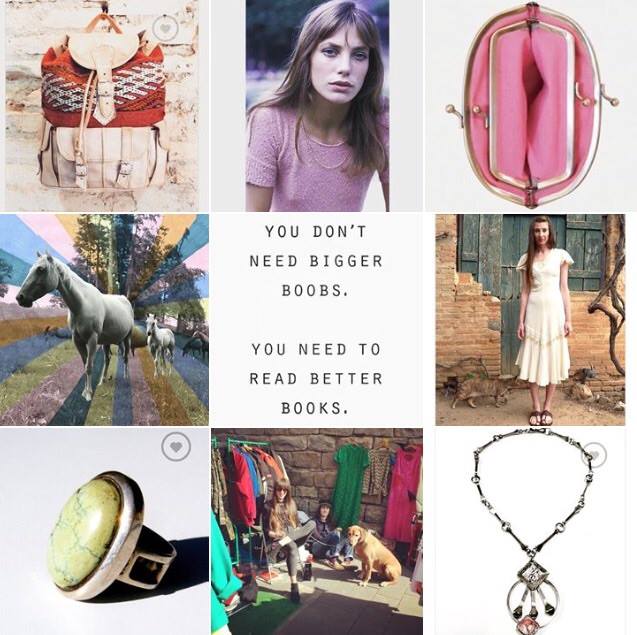Fast-Fashion: resisting the Temptation to Buy More in a Consumerist Society
Guest post by Ffion Lovelock
I think you will agree when I say that Instagram has certainly changed the world of fashion. It provides somewhat regular but largely followed Instagram users the opportunity to work with brands to promote products to their following and in doing so, has created the role of the influencer. A role that is now completely embedded within our culture and motivating our consumption. This contemporary method of marketing via social media allows influencers and brands to really work their magic to increase our retail purchases. On Instagram for example, you can swipe-up to purchase an item in seconds, come across links to a brand on almost every profile and find exactly where they bought that amazing skirt just at the tap of a finger. However, it is wise to consider if this is only adding to the detrimental consequences that fast-fashion has on our environment?


Browsing the likes of Instagram makes it incredibly hard to not be encouraged to buy more and more, especially when our society is so consumer orientated. Instagram is a digital space where we can be constantly exposed to an endless amount of branded content and we are all guilty of scrolling through its feeds tirelessly, so it is no surprise that we take such an interest in buying so much new clothing when the fashion influencers we follow wear it so well. It is this temptation that can sometimes convince us that we need the item as much as their sponsored posts say we do.
However, some influencers are using their status to provide awareness of what a difference sustainable fashion can make to our planet. Even Emma Watson had her say through creating the Instagram account, ‘@the_press_tour’, to raise awareness of the designers who are dedicating their time to producing clothing from organic and recycled fabrics. Proving that those with a large number of followers do not only have the power to increase our consumption, but the power to convince us to limit it. They are influences after all, and we do often take on board what they have to say. So, go follow some vintage enthusiasts or an influencer who encourages sustainability and you will be surprised how much your outlook can change. Then through turning your attention towards how you could provide a more sustainable fashion footprint with the industries levels of environmental harm could be lessened.



Then why not make an active start by investing that temptation into vintage clothing through considering an independent vintage retailer like The Stellar Boutique, and making that conscious decision to re-wear, re-buy and re-sell?
We are all guilty of buying for the sake of it, I know I certainly am. Whether it be for a one time occasion or just because I thought it looked great on the 6-foot-and-tiny model on the website, we always give in to the prospect of something brand spanking new. Vintage clothing, however, allows you to still add something new to your wardrobe and get that exciting feeling that we all crave when we do make a new purchase, but you are contributing to sourcing that fashion ethically and sustainably. You can still shop to your heart’s content but at least you can be a small part towards solving a much wider matter; that being the fashion industries harmful effects on the environment. Not to mention that vintage clothing can also provide you with something that no one else has – a one of a kind item that people can wow over. Investing in something other than mainstream retail is always hugely beneficial and through learning to love what you have or what is already out there, the threat of irreversible climate change could be put to a halt.

The Stellar Boutique’s latest collection of eco-friendly slogan t-shirts and sweatshirts is another perfect example of how retail can eventually become far more sustainable. Through the use of organic cotton, the entire collection is free from any artificial growing processes and sets an example of how natural textiles can cater to our ever-growing retail consumption without our ecosystem having to suffer. So, whether it be vintage or made from sustained and natural materials, our societies love of fashion and constant desire for more of it could eventually be made less problematic in the future.
Read more from Ffion here Lifeandlovelock.com


